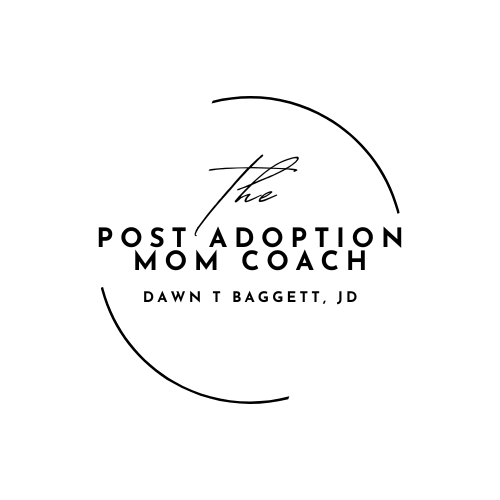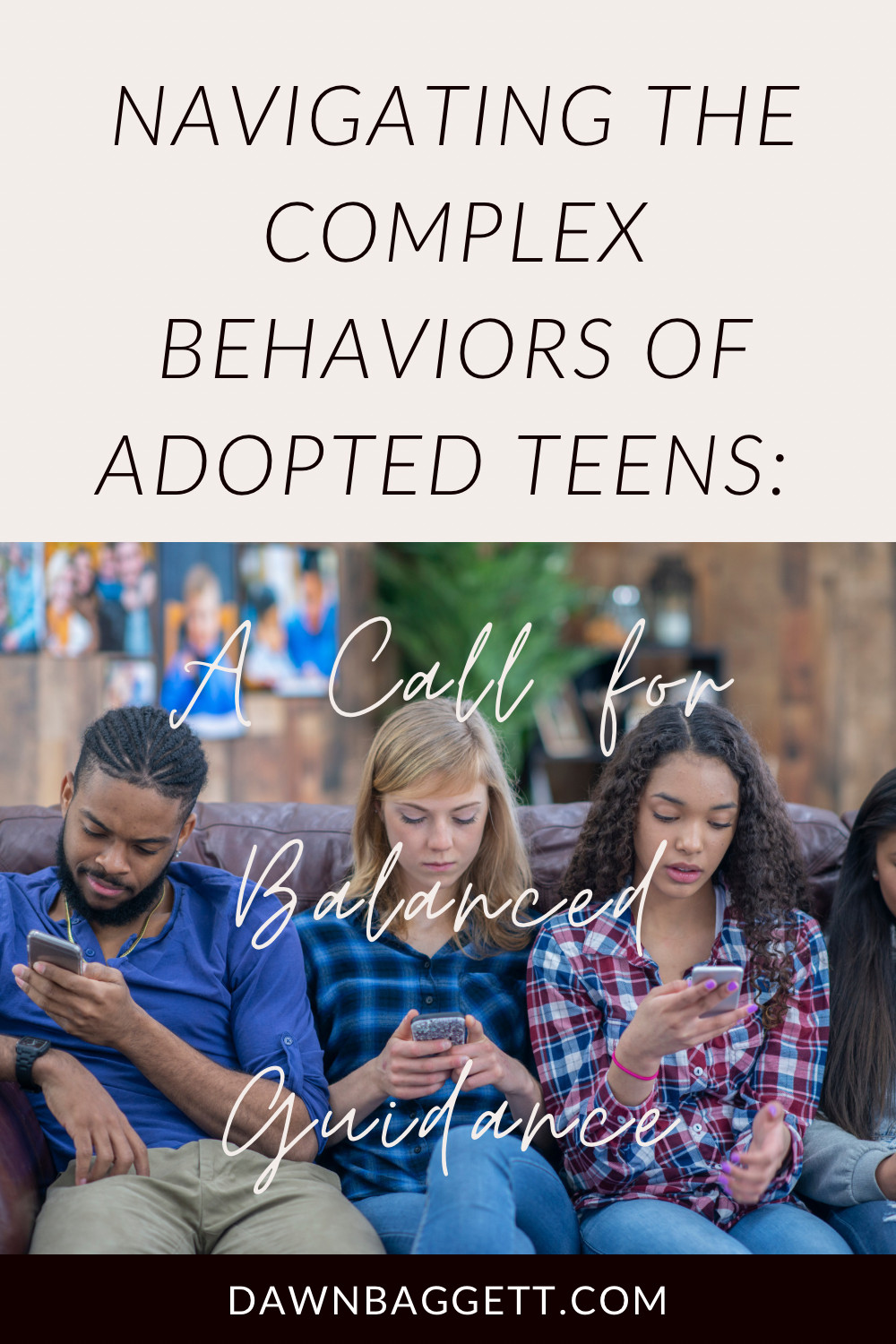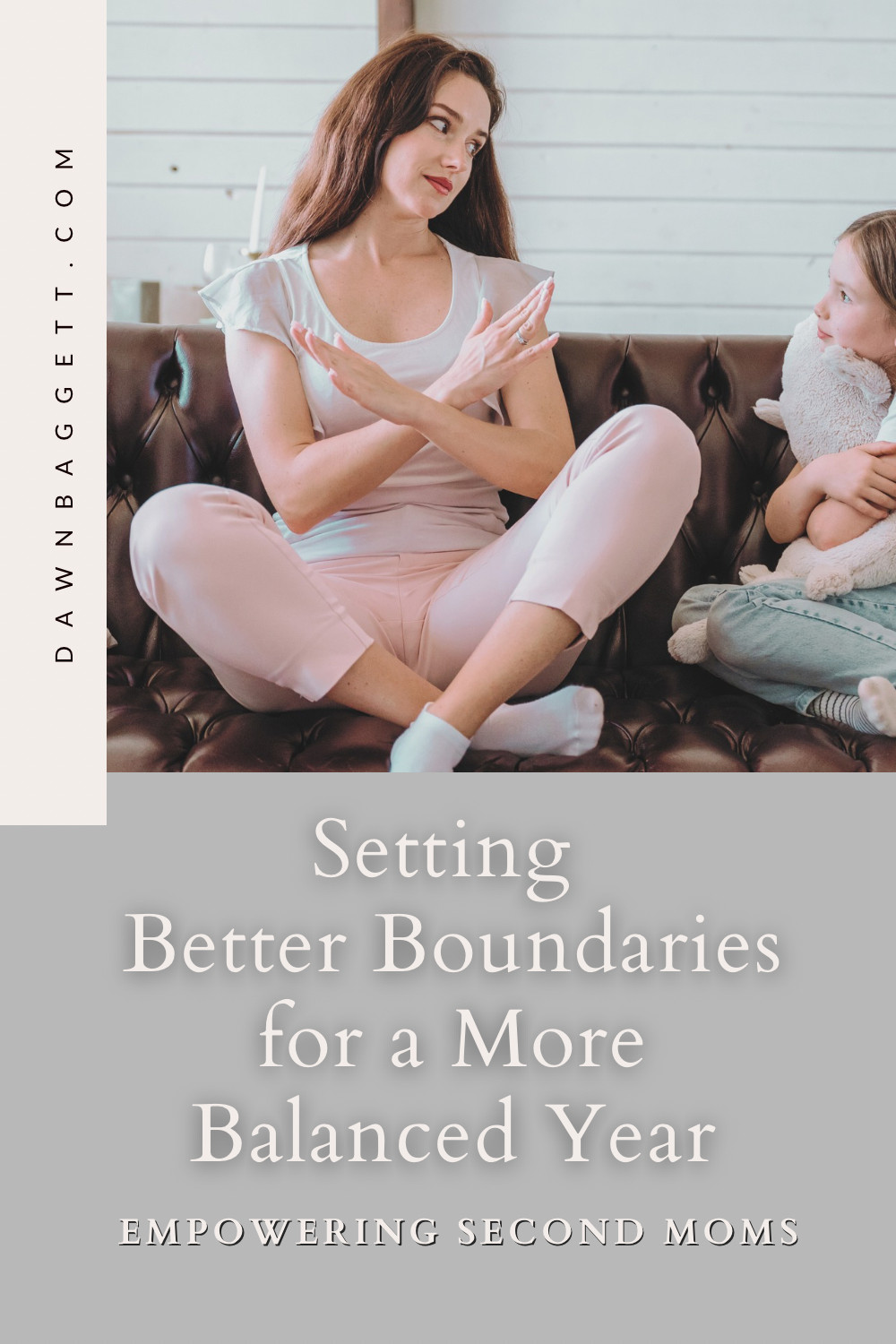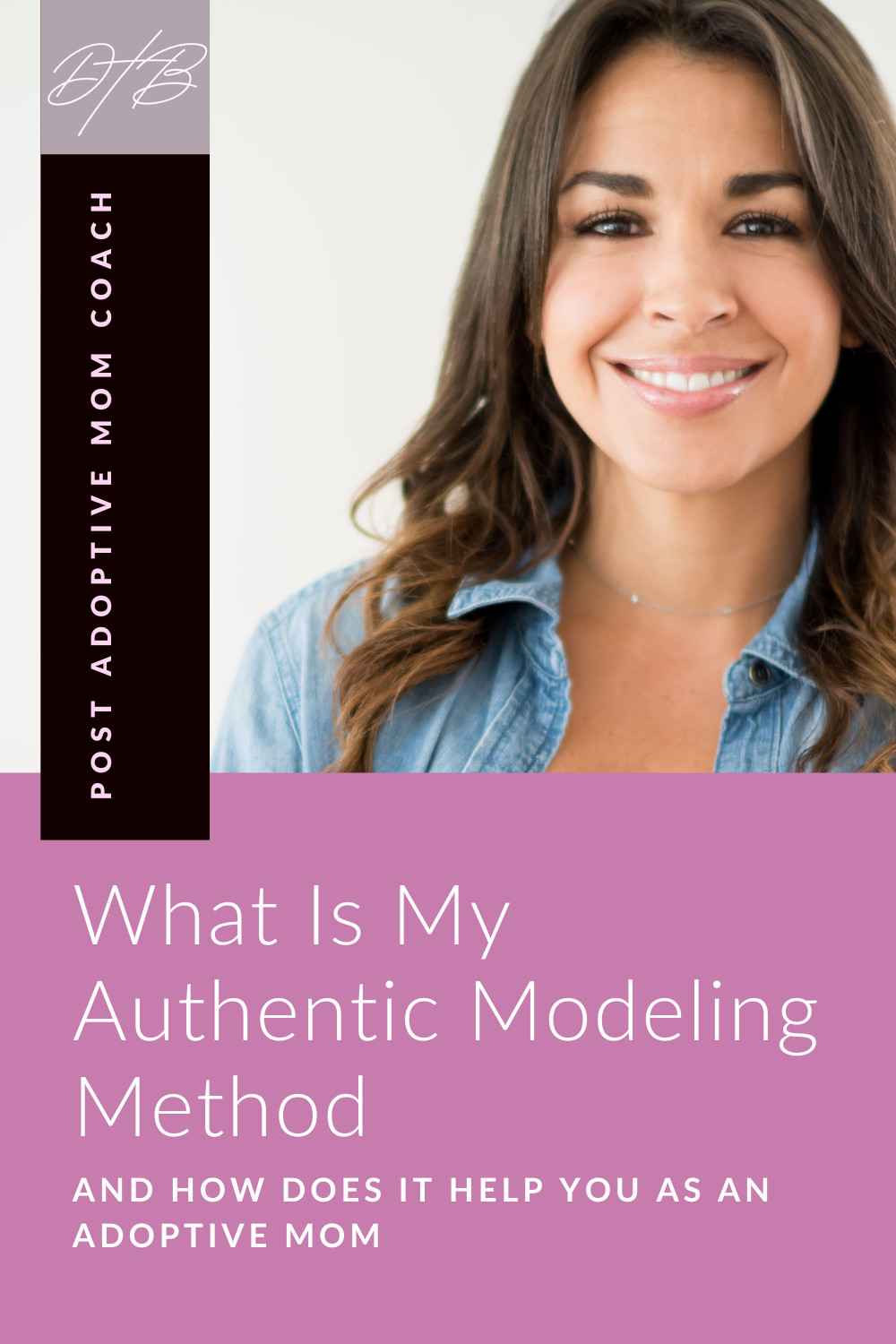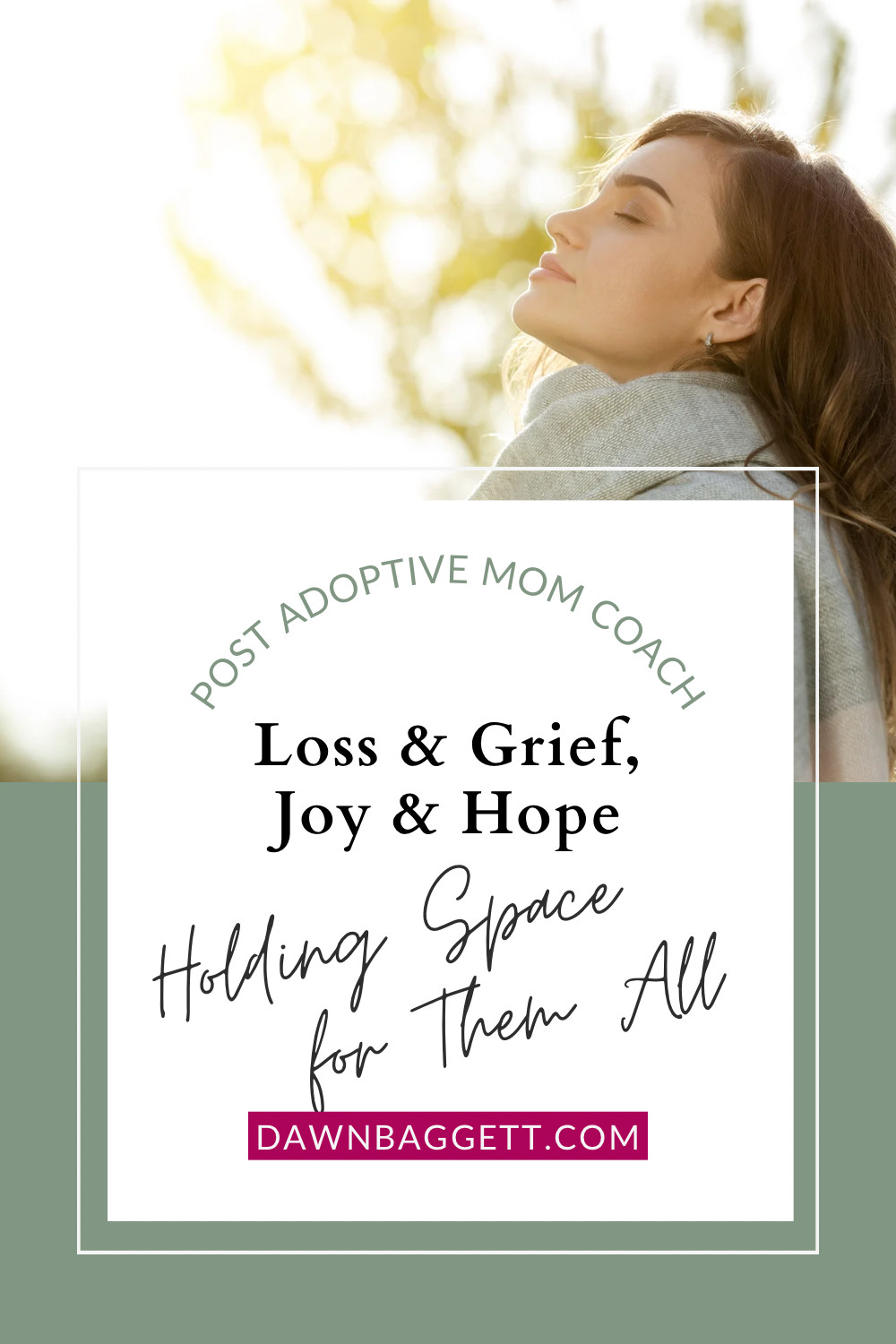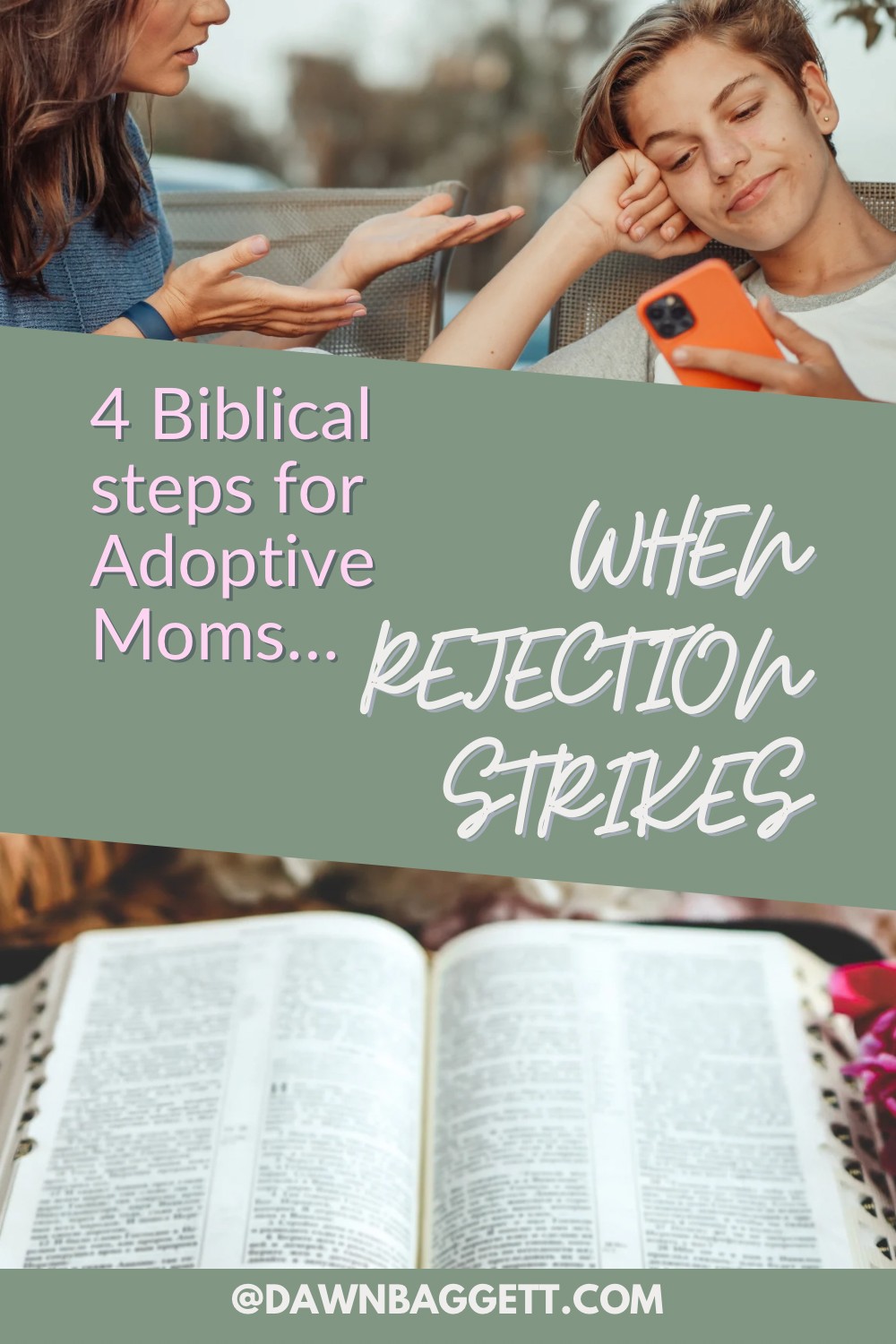
As adoptive mothers, we often pour our hearts and souls into nurturing our children, hoping to create a loving and stable environment...
Yet, facing rejection from the very children we cherish can be a painful and bewildering experience. This is a path I know well, not only as an experienced adoptive mom but also as a post-adoption mom coach.
Today, I want to offer a fresh perspective on this heart-wrenching experience, inspired by a biblical narrative of rejection — the story of the prophet Samuel from I Samuel 8:4-9.
Plus -- I am sharing a four part W.A.R.N. strategy -- a Biblical approach directly from this passage!
Learn the exact steps for handling rebellious rejection at any level in your household. Or anytime you feel a sense of personal rejection that comes with rebellious attitudes, backtalk, personal accusations or other behavior!
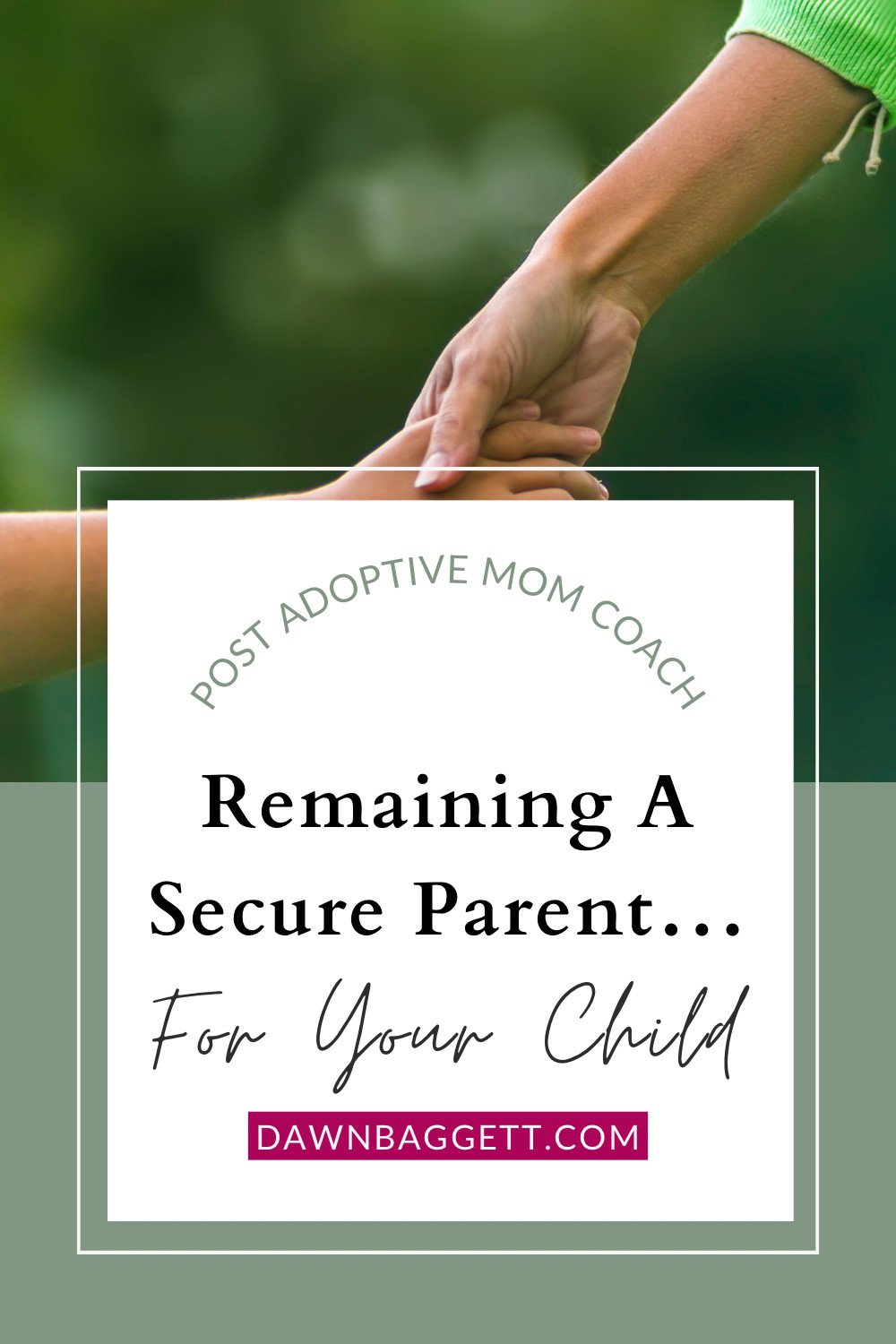
One cultural myth that is very prevalent today is that parents must affirm sinful & harmful lifestyle choices that run contrary to God’s laws, or we cause our children terrible harm — like feelings of shame, rejection, fear, insecurity, and to generally feel bad about themselves leading to all kinds of problems for them.
It is presumed that parents are unkind and unloving if we do not also embrace and adopt these choices.
{part 2}
Last episode covered part one of this unilateral shift, the first in a series of three shifts that I’m talking about throughout this month of April when I’m recording these episodes, so if you have not yet heard part one, you might wanna go back and listen to that episode and otherwise, let’s dive in where we left off…
Last episode covered part one of this unilateral shift, the first in a series of three shifts that I’m talking about throughout this month of April when I’m recording these episodes, so if you have not yet heard part one, you might wanna go back and listen to that episode and otherwise, let’s dive in where we left off…
ACCEPTANCE OVER ACCOUNTABILITY
One of the most transformative shifts a Christian mother can make is moving away from the conventional lens of personally holding our teens accountable for their problem behaviors towards a stance of acceptance. Acceptance doesn’t mean you like or agree with their choices, or approve problem behaviors.
Read more...